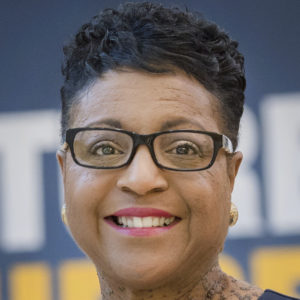 Smoking cigarettes and the use of other tobacco products had declined significantly in the United States over the past several decades. Yet smoking continues to be the number one cause of preventable death in the country.
Smoking cigarettes and the use of other tobacco products had declined significantly in the United States over the past several decades. Yet smoking continues to be the number one cause of preventable death in the country.
A new National Cancer Institute study led by Linda Alexander, a professor of social and behavioral sciences and senior associate dean for academic affairs in the School of Public Health at West Virginia University, finds that despite the fact that enormous progress has been made in reducing overall tobacco use, some population groups have benefited less or at a slower pace from efforts to reduce tobacco use. As a result, they experience higher tobacco-related morbidity and mortality, including mortality from cancer. Progress in reducing tobacco use has been uneven in the United States, and substantially higher rates of tobacco-related health disparities persist among African Americans and other ethnic groups.
The study found that the overall prevalence of cigarette smoking among U.S. adults declined from 42 percent in 1965 to 15.1 percent in 2015. But there are major differences by racial and ethnic group, socioeconomic status, gender, and other demographic factors. For example, a high percentage of Black adults smoke less than 10 cigarettes per day. But this can still have a major impact on tobacco-related health problems.
“The needle hasn’t moved far enough for us to discontinue our focus on these and other populations,” Professor Alexander notes.
Before joining the faculty at West Virginia University in 2016, Professor Alexander taught at the University of Kentucky. Earlier in her career, she taught at Texas A&M University.
The full study, A Socioecological Approach to Addressing Tobacco-Related Health Disparities, may be downloaded by clicking here.

